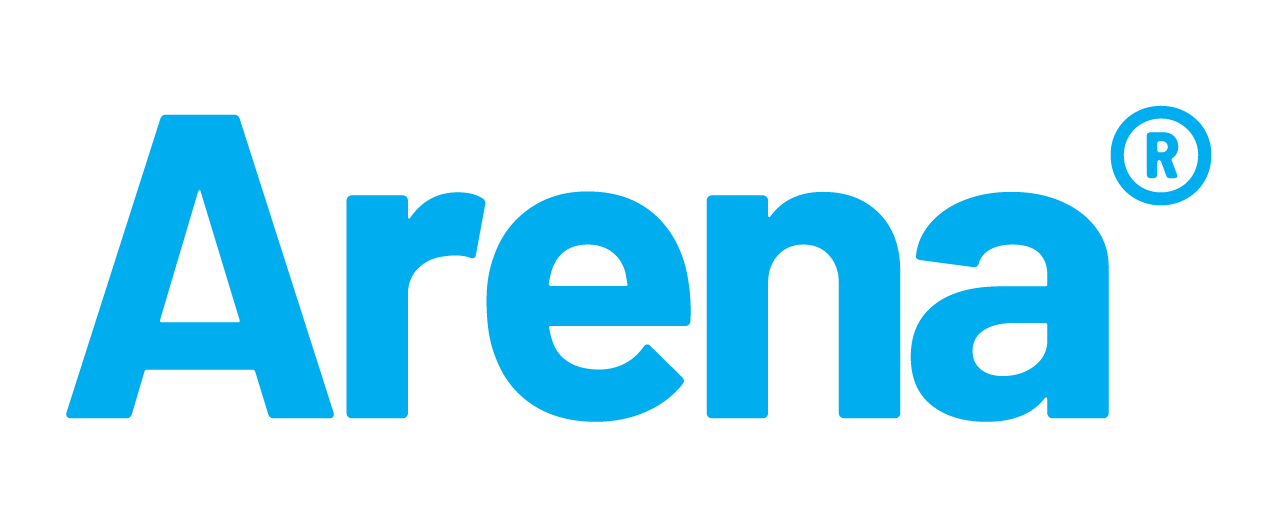Formal training is highly recommended to ensure that you receive the most from your investment in Arena Simulation Software. We offer a variety of public courses throughout the year as well as provide customer-specific on-site training at your facilities. All courses are taught by our team of consultants who have a broad range of simulation experience. Whichever path you choose, we are confident you will benefit from our Arena training offerings.
Self-paced e-learning Course
Rockwell Automation’s Learning+ subscription includes an e-learning module on using the Arena® software and managing a simulation project. This course can also be purchased individually through the Rockwell Automation PartnerNetwork™ program.
Some Arena® consulting hours packages may include access to the e-learning course. Contact arena-sales@rockwellautomation.com or arena-info@rockwellautomation.com for more information and to obtain access to the course if your purchase qualifies.
Arena® Simulation Course
The Arena® Simulation course is taught by experienced Simulation Consultants. The course consists of an even balance of lectures and hands-on lab sessions intended to introduce users to modeling concepts in Arena®. It is geared towards users who have never used Arena® but can also serve as a refresher for those users who have covered the software usage in school or previously in their careers. The course is conducted at your site and accommodates up to 10 students.
Occasionally the training course is presented at or near Rockwell Automation facilities around the United States and registration for these courses is open to the general public. Please contact our sales team at arena-sales@rockwellautomation.com for more information on scheduling and pricing.
Individual Consulting
One-on-one consulting hours can be used to cover specific or advanced topics if additional support beyond the standard in-person or self-paced e-learning course is desired. Contact arena-sales@rockwellautomation.com to discuss pricing and purchase consulting time.

